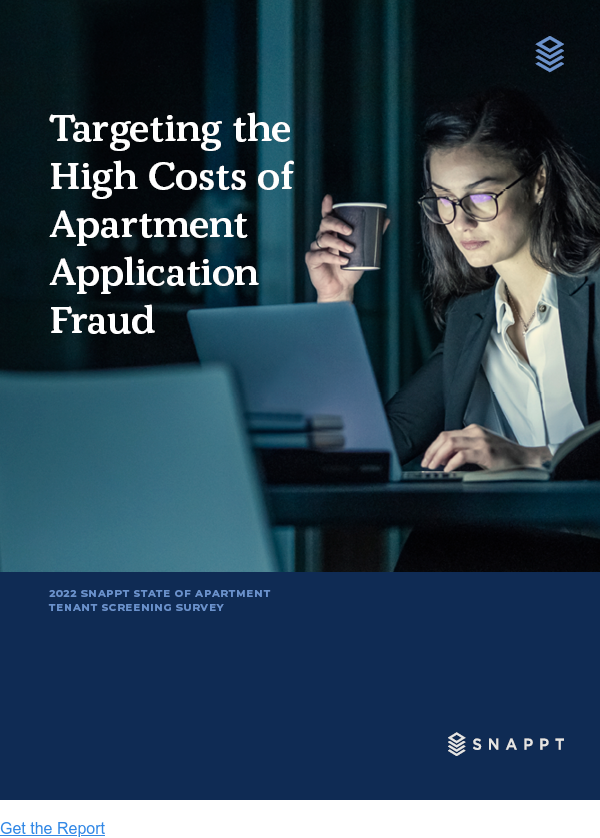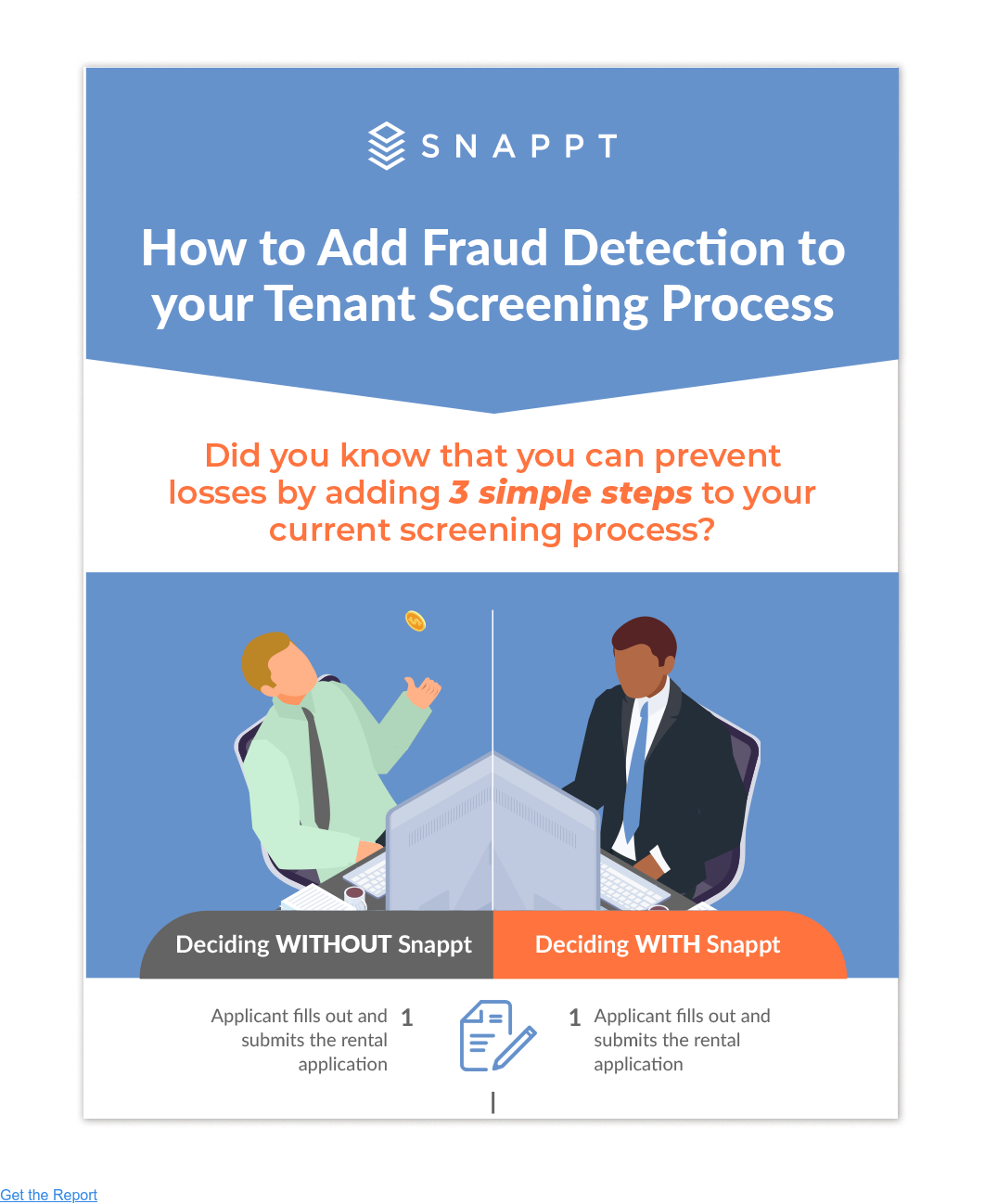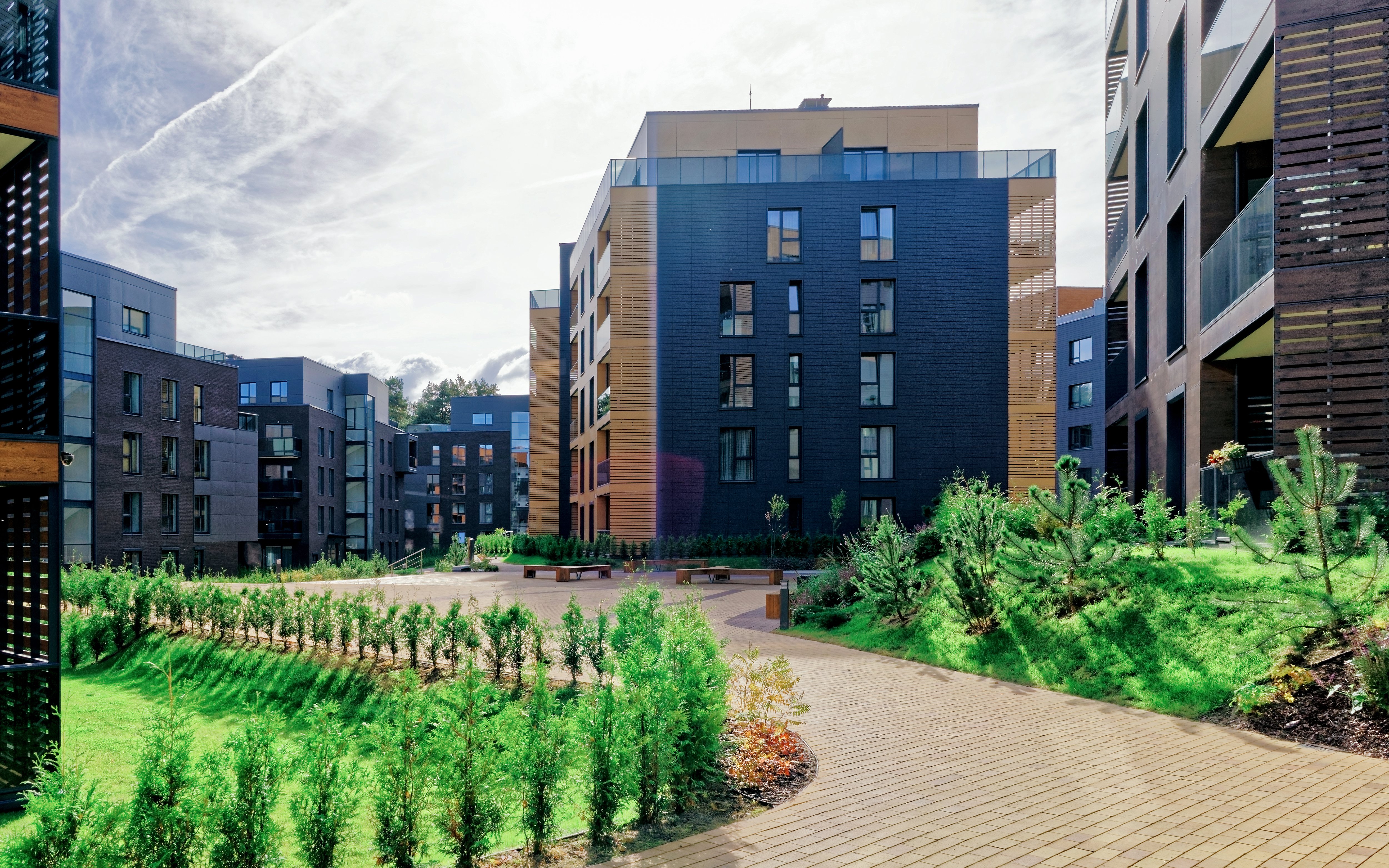With technology growing at an exponential rate, the risk for rental scams has increased significantly. Landlords can be more anonymous, and a majority of the rental process is done online. There are many types of scams to be aware of, we have listed some of the most common below:
Types of Scams:
There are many different types of rental scams out there that a potential applicant should be aware of. One of the most common rental scams over the past couple years is when someone with no legal right to lease a property, leases it to a potential applicant. In some cases, they lease the property to multiple applicants. The scammer takes the security deposit, first months rent, and sometimes will even take prepaid rent from the victim, leaving them out of money and no place to live.
Another scam to look out for is people copying legitimate apartment ads and re-posting the information except changing the contact information to their own. Once a potential applicant reaches out, the scammer will make an excuse as to why he or she cannot get access to the unit but will ask for a deposit to reserve the unit. This is a big warning sign, you should never send money to a potential landlord that you have not met, especially when you have not physically seen the property.
Typically, people will tell you not to give money unless you’ve been inside the unit, however, there are more complex scams where a scammer will break into a vacant building, change the locks, and will show the apartment. Applicants have moved into these buildings only later to be told by a bank or real estate agent that the property doesn’t belong to the scammer, and they are out of a place to live. Below you will find some ways to protect yourself from these types of scams.
Protecting Yourself from Scams:
While you cannot always protect yourself from extremely sophisticated scams, the following tips will help you to minimize your risk:
1. Never pay in cash: Most schemes rely on dealing in cash, so it cannot be traced. Legitimate landlords will typically accept regular checks or cashier’s checks.
2. Always demand a written lease: not only get a lease in writing but always ask for a copy for your own records
3. Do not rent a property without physically seeing it
4. Always meet the landlord in person
5. It is always helpful to speak with the current tenants in the building to make sure they like living there and they haven’t had any problems with the landlord
6. Never sign a blank contract
Sources:
https://bc-firm.com/avoiding-rental-scams/
https://www.usa.gov/housing-scams











